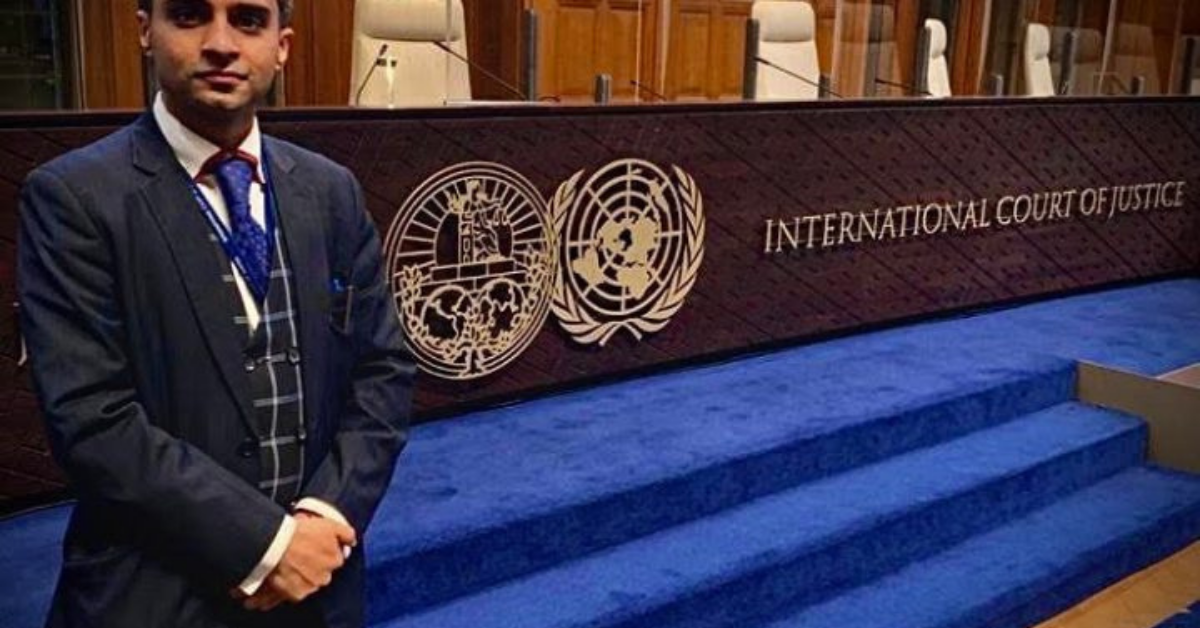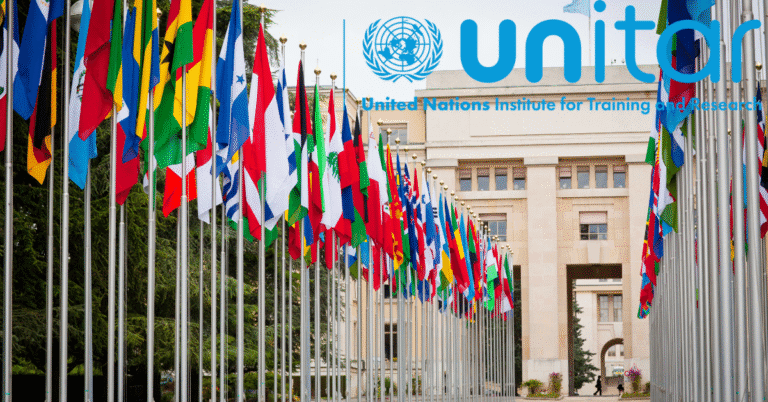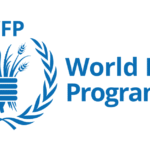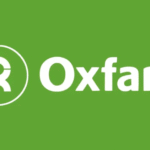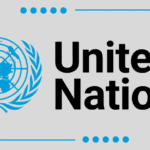Apply for the International Court of Justice Judicial Fellowship Programme 2026–2027. A 10-month fully funded fellowship in The Hague for outstanding law graduates. Deadline: 5 February 2026.
Introduction
The Judicial Fellowship Programme (formerly known as the University Traineeship Programme) is a prestigious opportunity for recent law graduates to gain hands-on professional experience at the International Court of Justice (ICJ) — the principal judicial organ of the United Nations.
Established in 1999, the programme allows young lawyers to work closely with Members of the Court in The Hague, deepening their understanding of public international law and the ICJ’s judicial processes. The fellowship is a gateway for aspiring international law practitioners who wish to contribute to the global rule of law.
International Court of Justice Judicial Fellowship Programme 2026–2027 | Fully Funded
Programme Overview
Organization: International Court of Justice (ICJ)
Location: The Hague, Netherlands
Duration: Approximately 10 months (September 2026 – June 2027)
Application Deadline: 5 February 2026
Eligibility: Recent law graduates nominated by their universities
Funding: Fully funded (for selected candidates through the Trust Fund for candidates from developing countries)
About the Judicial Fellowship Programme
The ICJ Judicial Fellowship Programme provides selected fellows with the opportunity to work directly under the supervision of a Member of the Court, alongside their legal assistant. Fellows actively contribute to the Court’s judicial work by:
- Conducting in-depth legal research and drafting memorandums on questions of law or fact.
- Attending hearings, deliberations, and sittings of the Court.
- Assisting judges with case summaries and background documents.
- Supporting ongoing case analyses and legal argument preparation.
Each fellowship lasts ten months, typically beginning in early September and concluding in June of the following year. Around 15 fellows are selected annually, representing universities from across the world.
The Trust Fund for the Judicial Fellowship Programme
In April 2021, a Trust Fund was established by the UN Secretary-General (pursuant to UN General Assembly resolution 75/129) to enhance diversity within the programme.
The Trust Fund provides financial awards to selected candidates from developing countries who are nominated by universities based in developing nations lacking the means to fund their fellows.
This initiative ensures that the geographical and linguistic diversity of the Court’s fellows reflects the truly international nature of the ICJ.
Eligibility Criteria
To qualify for the Judicial Fellowship Programme, applicants must meet the following requirements:
- Age: Candidates must be 31 years old or younger at the start of the fellowship (exceptions may be made in special circumstances).
- Education: Candidates must have excellent academic records in law, particularly in public international law.
- Experience: Demonstrated interest in international law through coursework, publications, internships, or relevant experience.
- Language Proficiency:
- Excellent written and oral command of English or French (the official languages of the Court).
- A working knowledge of the other language is considered an asset.
- Nomination:
- Applications must be submitted by universities; the ICJ does not accept individual applications.
- Each university may nominate one or more candidates, and multiple nominations are encouraged.
Application Timeline
| Stage | Timeline |
|---|---|
| Call for Applications Opens | November 2025 |
| Application Deadline | 5 February 2026 |
| Final Selection Decision | April 2026 |
| Fellowship Period | September 2026 – June 2027 |
Selected candidates will be informed of their acceptance through their nominating universities once the Court finalizes its decisions.
Nomination Process
Universities play a central role in the application process. To nominate candidates:
- Complete the Online Pre-Screening Questionnaire:
The nominating university must fill out the pre-screening questionnaire and designate an authorized focal point responsible for all application materials. - Receive Confirmation and Forms:
Once the questionnaire is completed, the focal point will receive a confirmation email containing:- Detailed submission instructions.
- The ICJ Personal History Form.
- The Candidate Profile Summary Table.
- Prepare and Submit Application Materials:
The following six documents must be submitted for each nominee in the order below:- Official letter of nomination from the university.
- Completed ICJ Personal History Form.
- Letters of reference from academic or professional supervisors.
- Official academic records (transcripts).
- Writing sample demonstrating legal analysis and research skills.
- Completed Candidate Profile Summary Table.
- Submission:
All documents must be submitted via the email address of the university’s focal point to the ICJ before the 5 February 2026 deadline.
For questions regarding the application process, universities should refer to the FAQ page on the ICJ website for the Judicial Fellowship Programme and Trust Fund.
Fellowship Benefits
Selected fellows gain unparalleled experience at the highest level of international adjudication. Benefits include:
- Full-time placement at the International Court of Justice in The Hague.
- Direct supervision by a Member of the Court.
- Access to ICJ proceedings, documentation, and hearings.
- Professional development in international legal research and drafting.
- Networking with legal professionals and international law experts.
- Financial support (for eligible candidates) through the ICJ Trust Fund, covering living expenses for participants from developing countries.
Learning Outcomes
Through this fellowship, participants will:
- Gain firsthand insight into the functioning and jurisprudence of the International Court of Justice.
- Develop advanced skills in legal research, analysis, and drafting.
- Strengthen understanding of public international law, including state responsibility, jurisdiction, and treaty interpretation.
- Build global professional networks in international adjudication and diplomacy.
How to Apply
Universities interested in nominating candidates should begin the process by completing the online Registration Form for the 2026–2027 Judicial Fellowship Programme available on the ICJ website.
All completed application materials must be submitted by 5 February 2026. Late or incomplete submissions will not be considered.
Final decisions will be communicated to universities by April 2026, and selected fellows will commence their placements in September 2026.
Follow Our Social Media Pages
Join Our WhatsApp Group
Join Our WhatsApp Channel
Follow Our Facebook Page
Related Posts
- UNICEF Climate Resilience Internship 2026 – Paid Global Opportunity for Graduates
- World Bank Summer Internship Program 2025 – Fully Funded
- UNDP Research Fellowship 2025 – Global Opportunities for Graduates
- Gates Foundation Internship Program 2025 – Apply for Global Roles
Frequently Asked Questions
1. Can individual candidates apply directly to the ICJ?
No. Only universities can nominate candidates. The ICJ does not accept direct individual applications.
2. Is the fellowship fully funded?
Yes. Through the Trust Fund, selected candidates from developing countries may receive full financial support.
3. What is the duration of the fellowship?
Approximately 10 months, from September 2026 to June 2027.
4. How many fellows are selected each year?
The ICJ typically selects around 15 fellows annually from universities worldwide.
5. What languages must applicants know?
Applicants must have an excellent command of English or French and a working knowledge of the other is advantageous.
6. Can my university nominate more than one candidate?
Yes. The ICJ encourages universities to nominate multiple qualified candidates.
7. What costs does the fellowship cover?
For trust fund recipients, the award covers living and related expenses during the fellowship period in The Hague.
8. When will successful candidates be notified?
Universities will be informed of the results by April 2026.
Final Thoughts
The International Court of Justice Judicial Fellowship Programme 2026–2027 is one of the most distinguished opportunities available to aspiring international law professionals. It provides immersive experience in the world’s highest court, shaping the next generation of global legal experts.
Through hands-on mentorship, rigorous research, and direct involvement in international legal proceedings, fellows emerge with the knowledge and networks needed to build meaningful careers in law, diplomacy, and academia.
Apply through your university before 5 February 2026 to be considered for this prestigious and career-defining fellowship.
Keywords
ICJ Judicial Fellowship 2026, International Court of Justice Fellowship, United Nations Law Fellowship, Public International Law Fellowship, Fully Funded Fellowship The Hague, Law Graduate Opportunities, ICJ Traineeship Programme, International Law Internships, UN Legal Fellowships, Judicial Fellows Program 2026
